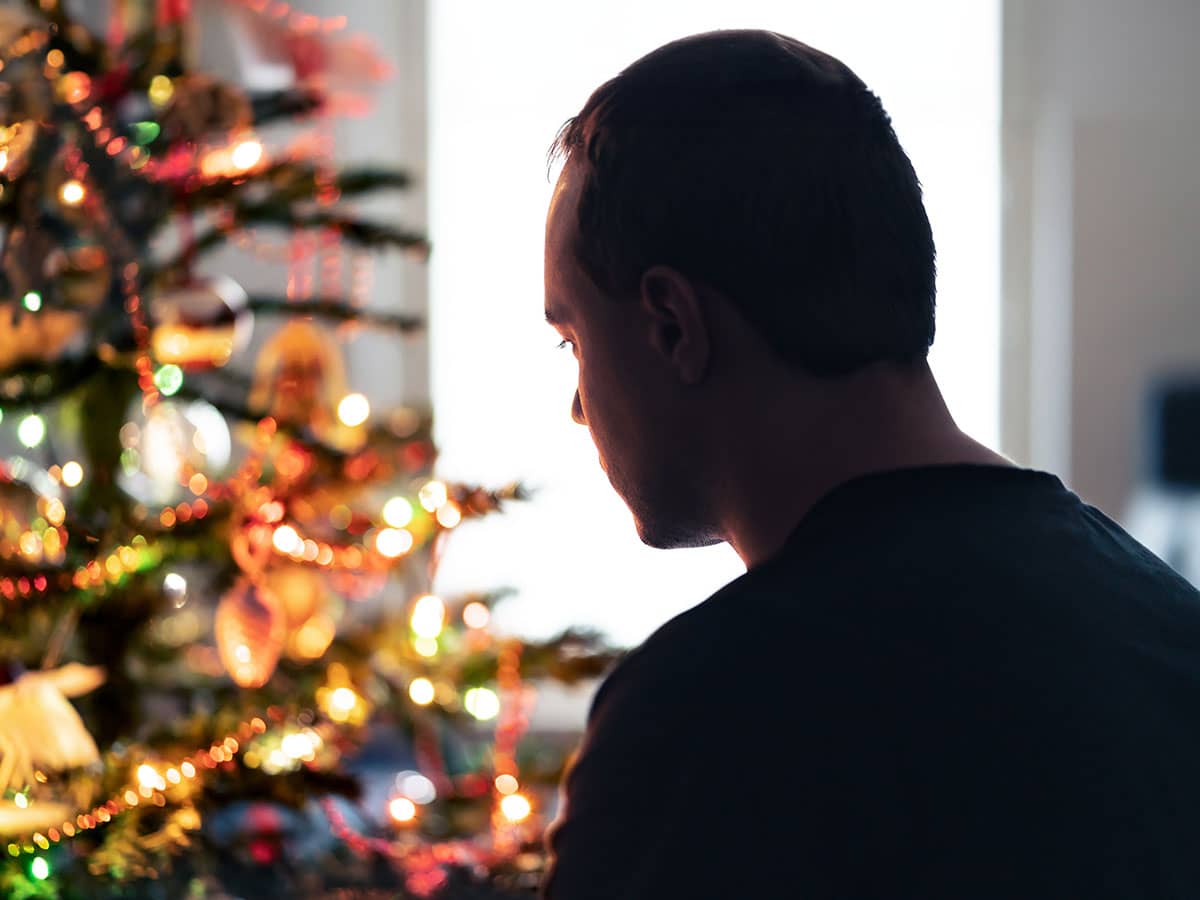"Am I an ovary?" shouts out one student.
"Am I a sperm?" blurts another, followed by peals of laughter.
The game is part of the Unitarian Universalist sexuality education curriculum, designed to help teenagers learn to use such words without embarrassment or shame, as well as to teach them to understand the source of male and female reproduction and sexual pleasure.
These students may be part of a liberal religious tradition, but they aren't the only ones who are being taught--in church or synagogue--how to say no, what it means to say yes, how to use a condom--or when they do.
Faith-based sex education is taking off across the nation, with the principle that sexuality is God-given, an integral part of being human, at its core. Rather than offering a litany of dos and don'ts, religious leaders are increasingly interested in helping adolescents see their physicality in spiritual terms.
The phenomenon has spread across the United States. From Richmond, Va., to Phoenix, and across more and more of the liberal-mainstream religious spectrum. From Conservative and Reform Jews to Methodists and Baptists, teens are getting their lessons about the birds and the bees from religious leaders.
"Having a rabbi talk about sex blows kids away," said Rabbi Jonathan Stein, of Congregation Beth Israel in San Diego, Calif. "You can put sexuality into perspective for them if you teach through Jewish eyes, with Jewish texts and values, or those of any tradition. It helps them integrate their own sexuality in terms of how they fit into the world and how they interact with others."
If young people understand their sexuality as something divine rather than something dirty, the thinking goes, then they are less likely to abuse or exploit it.
"We believe a person's sexuality is part of their whole person, so the question we ask is, how do you use that gift, do you use it in a devastating way or do you use it wisely?" explained the Rev. Carlton W. Veazey, founder of the interfaith Religious Coalition for Reproductive Choice's Black Church Initiative, which is working to bring sexuality education into African-American denominations.
"We teach that we must be responsible stewards of all of our God-given gifts," Veazey said. "This takes sexuality out of the 'do and don't school,' which doesn't work, and makes it a spritual principle."
Like Veazey, many religious educators also believe that bringing sexuality and spirituality together for young, hormonally charged people who are beginning to explore their urges not only will bring them closer to God but will raise their self-esteem.
"Teenagers are amazed when I talk to them about how in Judaism sexuality has the potential for holiness," said Rabbi Peter Knobel, of Beth Emet: The Free Synagogue, in Evanston, Ill., and past president of the Chicago Board of Rabbis. "Sexual appetites are a vehicle not only for sin but for holiness, but we've emphasized the sinful aspects of sex. We need to talk to people about these matters before they become sexually active.
"We need education that emphasizes the religious aspect of sexuality, but in a way that goes beyond ethics and morality, to who we are as beings, created in the image of God."
With the Unitarians Universalists and the United Church of Christ leading the way, religious leaders are recognizing there is a deep need to reclaim and redefine the religious approach to sexuality, and that, for both children and adults, there is no better place to do so than in church or synagogue.
"These are places of confidence, of trust--places people feel close to the values that inform their lives," said Sarah Gibb, outreach coordinator for Our Whole Lives, a sexuality education curriculum developed by the Unitarian Universalist Association that covers the entire human life span and is used both in secular and faith-based settings.
Religious sexuality educators point out that the home is still the primary, and ideal, place to learn about sexuality. But they believe the faith community should support parents in the task.
They also insist they are not interested in encouraging sexual activity, but rather in filling in the gaps left either by schools or families that do not or cannot give adolescents the information they need--particularly since adolescents do, in great numbers, engage in sexual activity.
According to the Henry J. Kaiser Family Foundation, the majority of all American teenagers will have intercourse by age 18.
"The reality is a lot of teens are sexually active," said Fred Garcia, a sex ed teacher at the Community Unitarian Church of White Plains in New York. "We don't promote sexual activity, but if the kids are active, we feel it needs to be with knowledge of their bodies, their feelings, and their rights and responsibilities to their partners."
Studies show that comprehensive sexuality education does not encourage sexual activity, according to a 1997 United Nations report that examined 22 HIV/AIDS and sexuality education programs. Instead, the U.N. study found the programs did one or more of the following:
- delayed the onset of sexual activity,
- reduced the number of partners,
- or decreased the incidence of sexually transmitted disease and unplanned pregnancy.
For Jonathan, two years of sexuality education at the Universalist Unitarian church he attends has made all the difference in making him feel comfortable with himself--and his choice to delay sex activity.
"I know what's going on in my body, what's changing, what's happening," said the 15-year-old, who did not want his last name used. "I know what an orgasm is, even though I haven't had the experience of seeing it yet. But I know what's out there, and I am prepared."
Jonathan said that having access to information imparted with values but without judgment has allowed him to make responsible decisions and, as he put it, "taken the edge off things."
"I want to be able to put my trust in the person I have intercourse with and be able to treat them with equality," he added.

